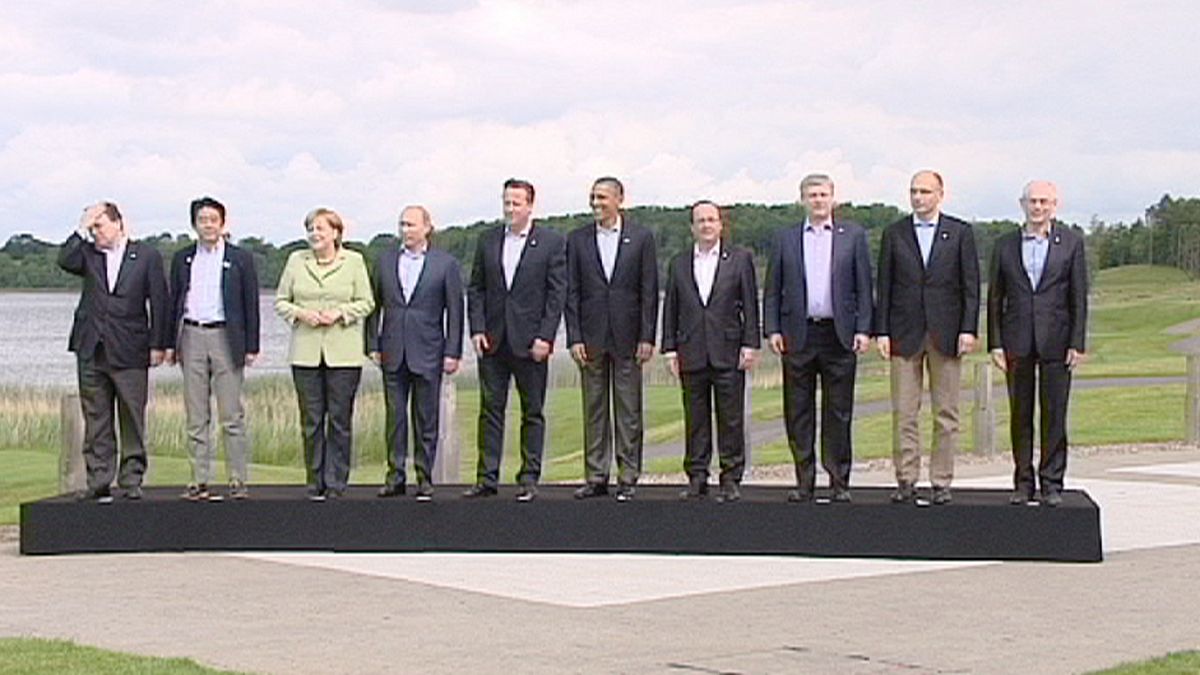He is a traitor for 39 percent of Americans, a patriot for 35 percent. Four months after his first bombshell revelations, Edward Snowden is still being sought by the United States. But such global shockwaves have been sparked by his leaks that the former NSA contractor has become almost untouchable.
An endless stream of disclosures has pushed Washington further into an inextricably awkward predicament. Fresh reports in Britain’s Guardian newspaper, the first to have published Snowden’s leaks, suggest the telephones of 35 world leaders have been monitored by the NSA.
The document, from 2006, does not give names but says the NSA encourages senior officials of the administration and government to share their contact details with the agency. One unnamed official alone is said to have passed on 200 numbers.
It has set another cat among the pigeons, sparking a fresh escalation in the simmering diplomatic crisis between Washington and its allies. It is becoming increasingly difficult for Barack Obama to limit the consequences of this incessant flow of revelations and counter the lingering Cold War atmosphere it has created.
The bugging of Chancellor Angela Merkel’s mobile phone is particularly embarrassing. Friends don’t do this sort of thing, Berlin says, while the US has been desperately emphasising the importance of its friendship with Germany, insisting that a few lines in the press are not going to undermine that.
Our Washington correspondent Stefan Grobe asked the head of one of Germany’s largest private non-profit organisations, the Bertelsmann Foundation, to help gauge the potential for worsening relations between that country and the United States. Legal specialist and political analyst Annette Heuser responded on the transatlantic NSA spying scandal.
The foundation’s executive director in the US capital, Heuser said: “The question is not only whether the Chancellor’s cell phone has been bugged or whether the German government has been bugged. The general question is whether friends can put up with operations like these. The answer is: definitely not. The Obama administration is not doing itself any favours by downplaying the whole affair and saying: ‘We won’t do it any more’ and that is it. We are witnessing the beginning of a foreign policy tsunami that is going to bother American and European transatlantic policy for quite some time.”
And this is the president whom many in Europe wanted for the US; so their feelings were hurt when, swiftly following his 2008 election victory, Obama immediately showed the Europeans that he just was not that into them. He was more attentive to Asia – perhaps taking Europe’s good nature for granted.
Our Bertelsmann expert said: “I believe that there is a tendency here in the US and in this administration not to take relations with Europeans seriously, and to believe that scandals and problems can easily be brushed away. This is a fundamental mistake. We have also noticed that the Obama administration, like no other US administration in post-war history, has lost the ability to understand the Europeans and to read them accurately. This is a huge problem for transatlantic relations. Until now, there has been a deep-rooted trust between Europeans and Americans – especially between Germans and Americans – but this scandal now contributes to a situation in which this trust is being eroded and is no longer an essential part of these relations.”
In 2011, Chancellor Merkel was the first European leader Obama invited to dinner at the White House. It served a double function, to honour her and to somewhat wash away the bitterness in many people’s mouths that the Bush administration had left.
According to Annette Heuser: “This scandal will have very important consequences for the future of transatlantic relations. Until now, we have always said that the lowest point in these relations, especially between Germany and the US, was the struggle over the Iraq war in 2003. It was the question of whether to intervene militarily in Iraq. The German government at the time, under Gerhard Schroeder, clearly opted against it. But that was merely a question of military strategy. What we are seeing right now is much more fundamental; we are dealing with trust. This trust is disappearing from transatlantic relations and will take decades to rebuild.”
When the scandal surfaced over US data-gathering on individuals, whose affairs Europeans protested were none of the Americans’ business, Merkel sort of mumbled it off. Yet many people, especially where she has her roots – in the former East Germany where the secret police spied on everyone for decades – were revolted.
Heuser predicted: “What will happen in the future is we are going to see much more serious debate about the degree to which our intelligence services cooperate with US intelligence agencies. The question will be what role European and German intelligence services will play and what the limits of intelligence operations will be, when it comes to privacy and the individual freedoms of our own people.”
